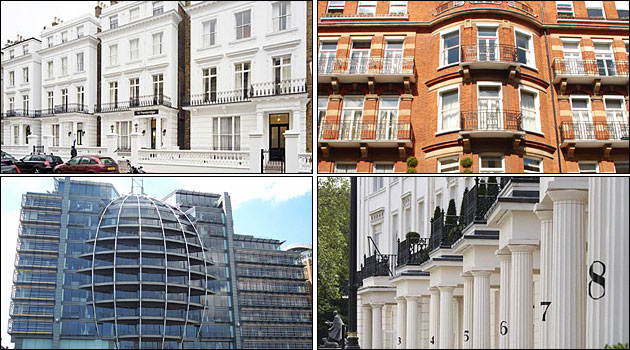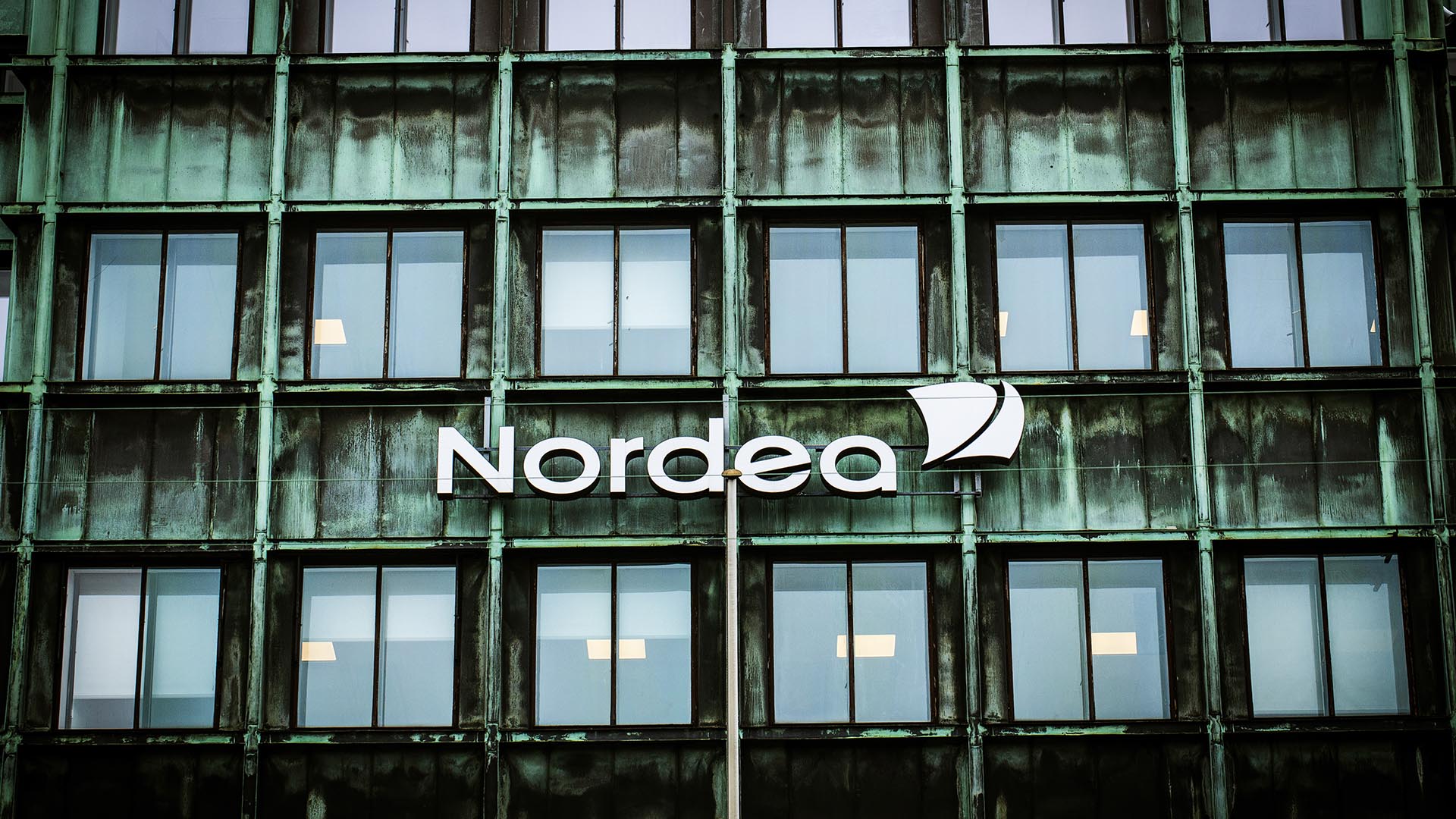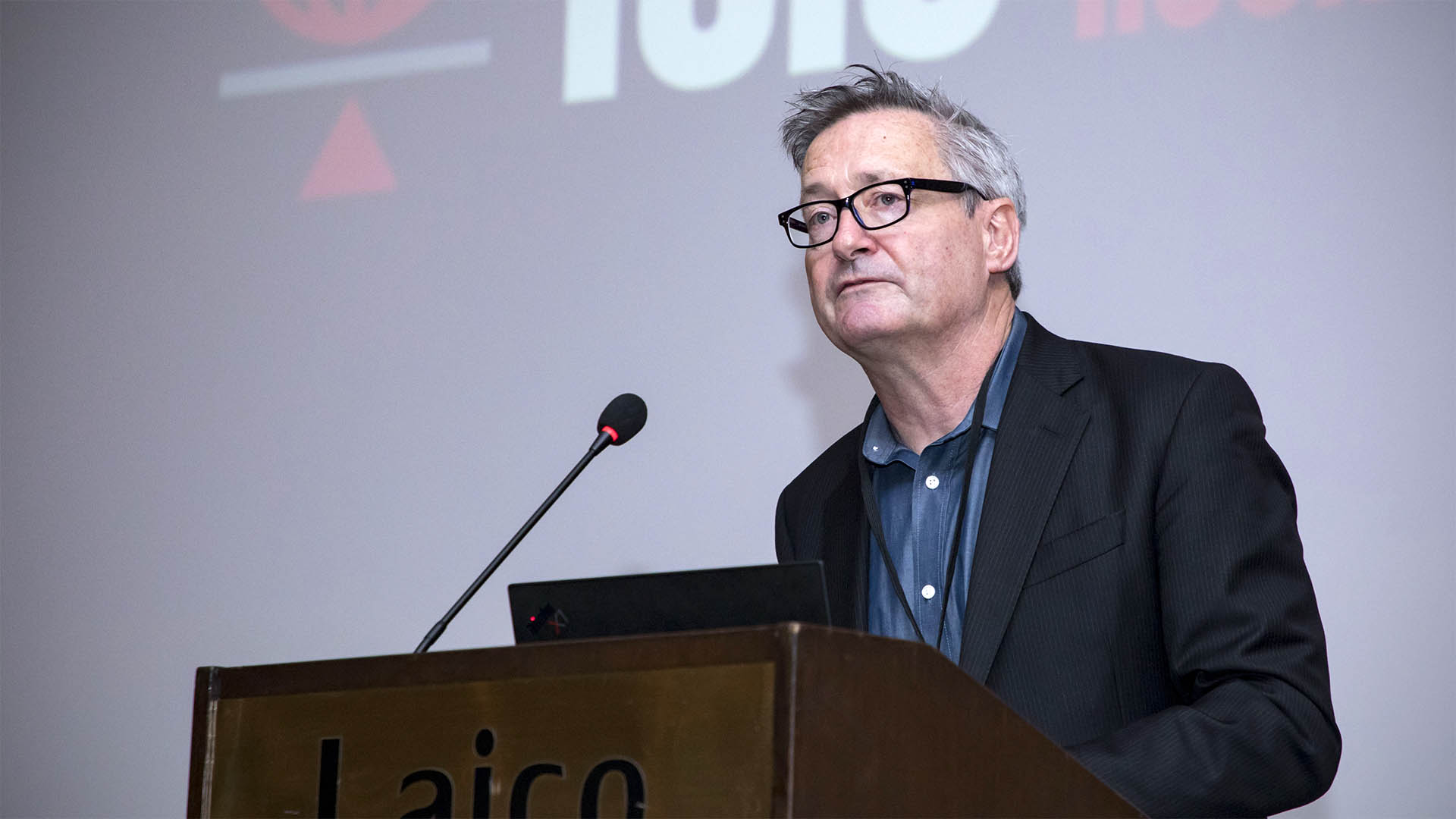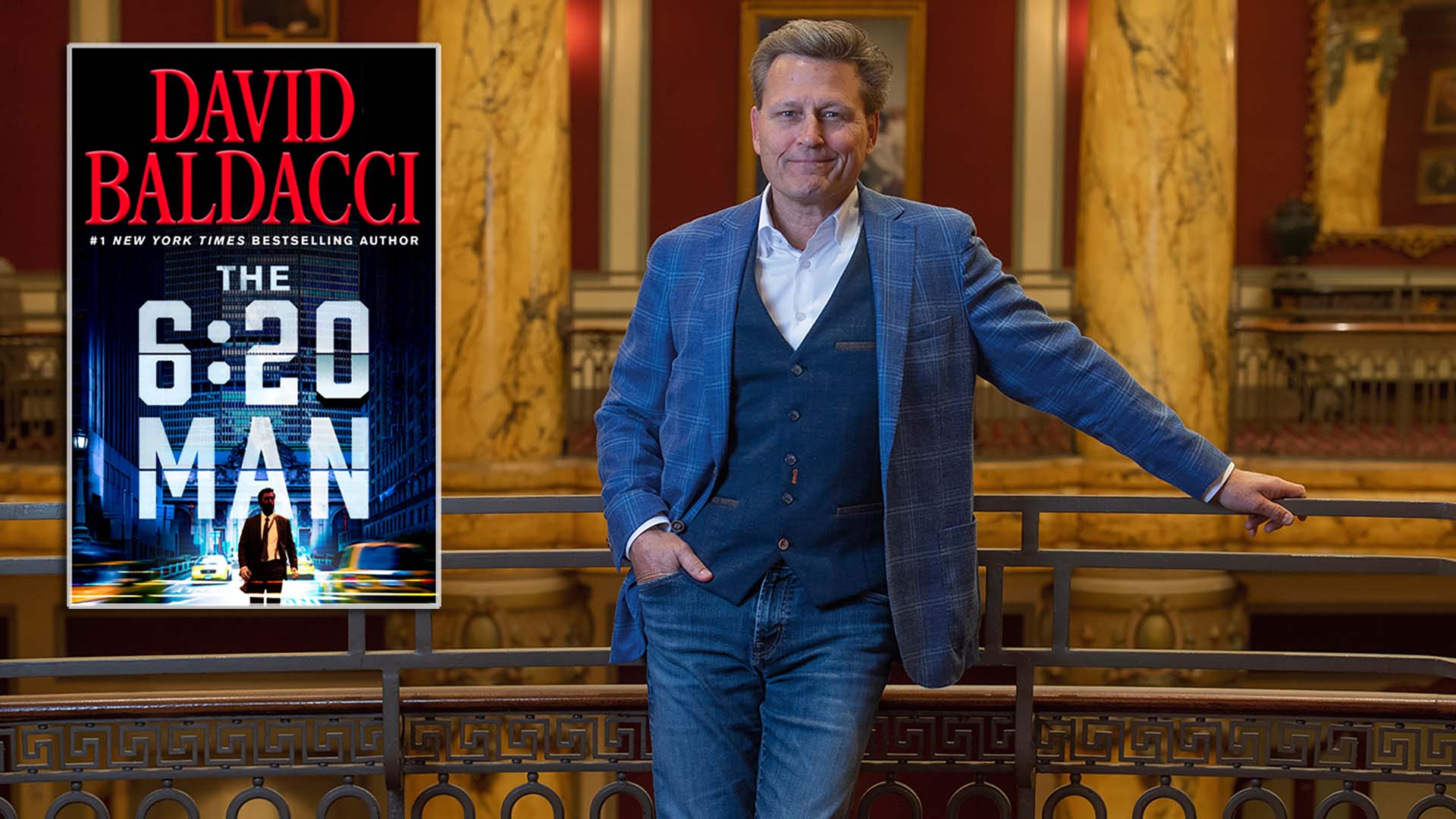Secretive trusts and companies born in the British Virgin Islands have helped anonymous buyers snap up luxury properties in London and other UK locales.
Today we are setting out to demolish the wall of offshore secrecy that hides many UK property transactions.
In a joint investigation with the Guardian, this interactive map discloses the identities of some of the people secretly buying up Britain (also available in reader-friendly format here).
Our findings, covering nearly 60 sample premises, demonstrate the way the UK is turning into a property speculators’ haven, thanks to tax loopholes and the secrecy offered by the British Virgin Islands (BVI). Anonymous buyers are taking over more and more blocks of luxury housing, particularly in the capital.
Some purchasers live abroad. Other buyers live in the UK itself while they build up property empires using these artificial structures.
In 2011 alone, more than £7 billion of offshore money flooded into potentially tax-exempt purchases of UK houses, flats and office blocks. Most buyers snapped up property in central London, helping to explain why prices there have defied the recession.
The majority used entities registered in the BVI. The BVI accounted for £3.8 billion of the total: a continuing steep rise from £2.7 billion in 2010 and £1.5 billion in 2009, according to Land Registry data. Smaller amounts came from similar entities registered in Jersey and the Isle of Man.
Reckless bank loans to offshore entities have fuelled much of the present property boom, handed over by lenders who subsequently had to be bailed out. British banks had $22.5 billion (£14.1 billion) outstanding in loans to BVI and associated offshore entities at the end of 2009, according to UK Treasury figures.
The UK government allows property buyers to hide their identities on the official Land Registry, which is becoming meaningless as a result. Every year, ever more houses are being listed there as owned anonymously offshore .
Since 1999, no fewer than 94,670 offshore entities have been set up purely to hold UK property. Purchasers pay £800-£1,000 fees to offshoring agencies for the privilege of not having their names made public.
A trenchant government report by a Treasury official, Andrew Edwards, called for an end to this abuse more than a decade ago. He wrote in 2001: “Parliament has decided that ownership of property should be in the public domain. . . . The ability of owners to register land and property under names which conceal rather than reveal who they are flies in the face of the principle which parliament established.”
He said a truthful land register would be “invaluable for law enforcement, regulatory and tax authorities,” would “deter the unscrupulous from putting the proceeds of crime into property assets” and would be “helpful in tracing bankrupt persons and combating mortgage fraud.” He added, tartly: “If public policy emphasises privacy above transparency, the greatest beneficiaries are likely to be criminals.”
The then Blair government rejected his recommendations.
Three major tax loopholes are currently fuelling the secretive offshore property boom:
• No capital gains tax. Offshore entities, provided they are genuinely controlled and managed outside the UK, do not pay any tax on the proceeds of property speculation, unlike resident Britons.
• No inheritance tax. People living abroad, and “non-doms” who say they are only living in Britain temporarily, can legally avoid inheritance tax by buying a house in the name of an offshore entity. It is then considered to be a tax-free holding in a foreign company, not a British asset.
• No stamp duty. Anyone, British or foreign, can legally avoid up to 5 percent stamp duty being imposed on the next purchaser by holding their house in an offshore company. Upon sale, the company shares are transferred, not the house. The company has to be managed offshore, which also saves 0.5 percent duty on UK share transfers. These artificial techniques were partly outlawed by George Osborne in this year’s budget, but only for the small minority of UK houses worth more than £2m.
Stamp duty loopholes
The London-based developer Peter Vastardis is typical of those we discovered who have used such a technique. He set up VKT Investments, a BVI company with bearer shares that did not show the owners’ names. With a bank loan of around £750,000 he bought a house on Park Road near Regents Park, central London, in 2002, with partners from Athens, George Konstantopoulos and Nikolaos Trivyzas. Five years later, the trio sold the company shares to a businessman in Latvia, Valdis Bergins, for more than £1m. No property sale was recorded at the Land Registry, so the SDLT (stamp duty land tax) saved could have been a hefty £40,000.
Vastardis told us: “Everything was proper, nothing illegal about it.”
Such loopholes continue to be legal despite the government reform proposals this year, which only apply to mansions worth more than £2m.
Capital gains tax loopholes
The software engineer Yair Spitzer from Golders Green, north London, went into the buy-to-let business with an opaque offshore structure that appears to have sheltered him from capital gains tax. His three north-west London flats made more than £280,000 gross profit over three years.
One flat at Landau House in Kilburn was bought in 2004 for £140,000, with a £100,000 loan from the Kleinwort Benson private bank in Jersey. Let for £1,000 a month, it was resold in 2007 for £185,000. The second flat, at Parade Mansions, Hendon, bought for £140,000, was resold for £207,000. The third flat, at Charlbert Court in St Johns Wood was bought in 2005 for £270,000, let at £1,516 a month and sold on in 2007 for £440,000.
The flats were purchased by BVI companies called Grassedge and Archcourt. Jesse Hester, a professional nominee in Dubai, was listed as director, and the shares were in turn owned by Spitzer’s BVI-based Rocklea Trust. As the designated “managing agent”, Spitzer continued to control the business. He told us: “We were advised at the time by UK accountants that this structure was appropriate for our circumstances and that it was perfectly legal. Rent was declared to the UK tax authorities.”
Complex structures
Some of the British owners who we identified used particularly complex structures. The Yorkshire property developer Keith Wilson, for example, carried out a barn conversion in Rotherham, South Yorkshire, in the name of a BVI offshore company called HMP Ltd. HMP was in turn owned by a second BVI company called Shortgrass, which he also controlled. Jesse Hester in Dubai was nominally recorded as the director. Wilson originally lived close to the farmhouse site, then moved into a £495,000 home in Retford, Nottinghamshire, in 2001. He borrowed £735,000 in 2009 to finance the development. He hoped, according to sources we have consulted, it would become worth more than £1.3 million. Wilson did not respond to invitations to comment.
Behind another BVI entity, the so-called Inkwood Property Group, we found a Hertfordshire businessman, Lawrie Alderman, chairman of an advertising services agency, TPS Visual Communications. He set up Inkwood in 2001 and used it to purchase the freehold of central London office premises at Bakers Yard in Clerkenwell. He appears to have then arranged to set up an offshore Barclays account to pay in rents of up to £15,000 a month for sub-letting the offices. Alderman did not respond to invitations from us to discuss these arrangements.
Wealthy foreigners
Some anonymous buyers prove to be wealthy overseas businesspeople, straightforwardly using the generous inheritance tax and capital gains tax advantages offered by Britain. Sir Sam Jonah, the Ghanaian former president of the Ashanti Goldfields company, for example, turns out to be behind the BVI-registered Windsor Properties Holding. He bought a flat in the company’s name at Alberts Court, near Regents Park, for £640,000 in 2003. It was later transferred into a Jersey-based offshore family trust. He told us: “I do not reside in the UK, so I was advised to use a BVI company for legitimate tax efficiency.”
Another businessman, the billionaire chief executive Bruce Rockowitz, who runs the Hong-Kong-based garment wholesalers Li & Fung, bought a luxury London flat in Cadogan Square, Knightsbridge, and transferred it to an associate using an exceptionally opaque offshore technique. The flat was held in the name of a BVI entity, Billion Choice Investments Ltd. The BVI company was in turn placed in the ownership of an offshore trust, the London Trust, set up in the far-flung Cook Islands, in the Pacific, with Rockowitz himself named as the trust’s beneficiary. The beneficiary was then switched, the flat sold for £790,000, and the cash placed in his associate’s bank account. Rockowitz did not respond to invitations to comment.
Property empires
One of the most striking discoveries unearthed by the ICIJ/Guardian survey is of the number of anonymous property empires that mushroomed in Britain during the boom years, behind the screen of BVI offshore companies. British banks were willing to lend very large sums to these entities, some of which subsequently came to grief.
Huge loans were made by the RBS bank in 2007 to a slew of offshore companies controlled by a 29-year-old Nigerian living in London, Ayodeji Soetan, also known as Raheem Brennerman and Jefferson Brennerman. With £118 million from RBS and a further £18 million from HBOS, he bought property in Knightsbridge and the former Red Cross offices in Grosvenor Crescent, one of Belgravia’s most expensive streets, aiming to develop flats for rich Russians and Chinese costing up to £50 million each. A Rolls-Royce was, he claimed, to be on permanent standby to chauffeur residents around the corner to shop at Harrods.
We discovered that all the BVI companies trace further back to an entity called Nuevitas registered in the tiny Indian Ocean jurisdiction of the Seychelles. Nuevitas in turn controlled an offshore trust called Trigon, of which Soetan was the beneficiary.
When his dreams of a tax-free property fortune stalled in 2009 with receivers being called in, Soetan moved to New York, where he now says he heads an oil exploration and energy trader firm called Blacksands Pacific Inc. He told us that our information was “garbage”, but declined to put any details in writing.
Another unlikely character who amassed houses by the score in eastern England was Bobby Wahi. Operating from a local trading estate, he bought at least 42 premises that we have identified, in the Skegness, Mablethorpe and Boston area of Lincolnshire. Acquired in the name of a dozen different BVI companies, the purchases were fueled by loans from RBS (again) and the then Britannia building society.
Wahi, a former car dealer, told prospective customers he was a UN “goodwill ambassador” and styled himself LL.B [Hons] and “’His Excellency.” In the Caribbean, he also registered the short-lived Private Capital Bank of Dominica, whose license was revoked following a change of local regime.
After the credit crunch in 2007, the Co-operative Bank, which took over Britannia, appointed receivers, and was forced to keep Wahi’s repossessed properties on its books. With a last-known address in Spain, he did not respond to the Guardian’s attempts to contact him.
The biggest and most reckless offshore bank loans of all went to a Briton living in immense style in London, who cannot currently be named for legal reasons. European banks which subsequently had to be bailed out by their taxpayers, handed over a total approaching £1 billion in loans to scores of his BVI companies.
He acquired in this way some of London’s most prominent buildings, before coming to grief. According to those who eventually lost millions, it was the anonymity provided by offshore companies which enabled him to make fools of so many bank executives.
A luckier offshore tycoon was Andreas Stavrinides, of Cypriot origin but living in Essex. He is now the owner of the Skylark hotel in Southend, purchased for £2.3 million in 2010 in the name of the BVI-registered Elite Property Holdings. He built up his fortune with a string of care homes, largely financed with loans from Barclays to his two offshore companies: Elite, and Decolace Properties.
The homes specialize in residents with dementia or psychiatric disorders, and charge at least £615 a week. His UK company Health and Home Ltd runs the care homes, paying rent to the landlord companies. Stavrinides told us: “If I was recorded as a director and shareholder, [of the BVI entities] it would have been on a fiduciary basis. I don’t know who the shareholders are. I believe it might have been a family trust.”
Some wealthy Israelis have also traded heavily in tax-free UK property behind the offshore screen. The art collector Joseph Hackmey, heir to an insurance business in Israel, moved to Kensington Palace Gardens in London, and set up more than 20 BVI companies with names such as Frentforth, Breezeknoll and Solsdeck.
His purchases included: the Intrepid Fox music pub in Soho, since converted into flats, and a upmarket burger restaurant; the old Leinster Hotel in Ossington Street, Bayswater, west London, now a smart gym; and a luxury apartment in Palace Court, Notting Hill, west London.
A second major behind-the-scenes Israeli operator we discovered is the lawyer Yoram Yossifoff. He has been involved in more than £1 billion of London property raids. An expert in what he calls “creative tax planning”, Yossifoff not only speculates on his own behalf, but, with his Tel Aviv-based Mydas Fund, fronts deals for consortia of other Israeli investors. A source familiar with his transactions justifies them, saying: “The exemption from capital gains tax formed part of policies promoted by the [UK] government of the day to encourage inward investment.”

David Leigh is a member of ICIJ. This story was also published in The Guardian.



